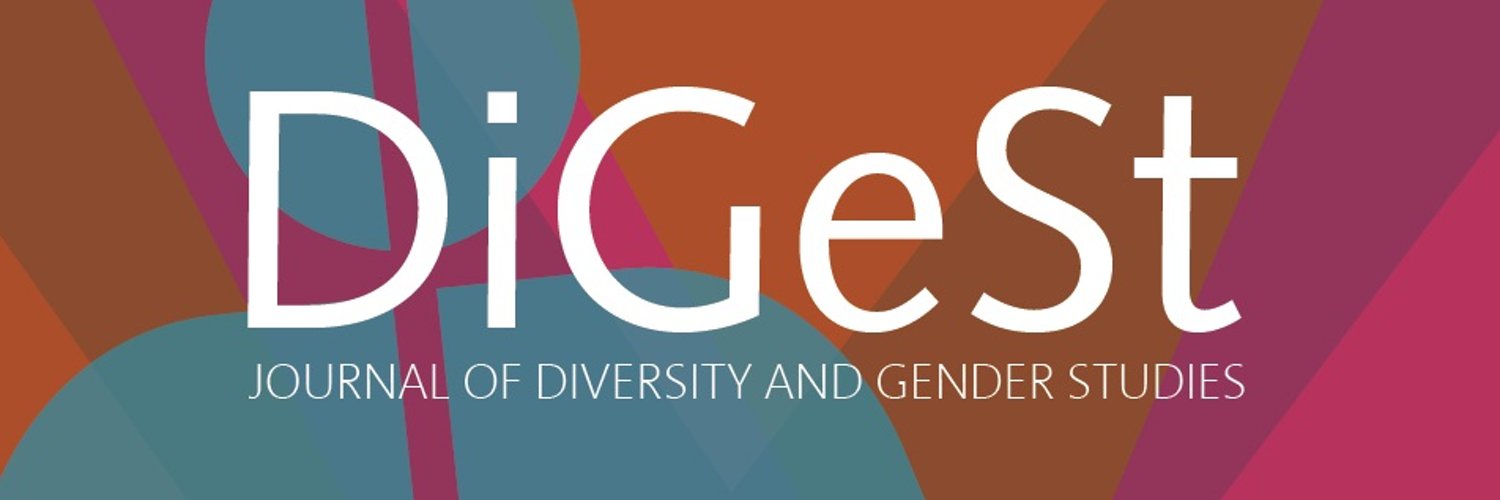The populist far-right and the intersection of antiimmigration and antifeminist agendas: the Portuguese case
- Rita Santos (Centre for Social Studies, University of Coimbra)
- Sílvia Roque (Centre for Social Studies, University of Coimbra)
Abstract
This article aims to discuss the intersections of the anti-feminist and anti-immigration agendas in the Portuguese far-right through critical discourse analysis of the PNR and Chega’s positions. These political actors convey nationalist, racist and anti-multiculturalist messages at the same time that they show their hostility towards gender equality policies, using racial, cisgender and heteronormative categories as criteria to define whose citizens are worthy of defense/protection. Recently, they have also co-opted gender equality agendas to justify anti-immigration positions, specifically opposing the hosting of refugees, depicted as a potential threat to the imagined Portuguese and European white and Christian community. The latter representation, apparently disruptive of their own conservative ideology based on protecting the traditional family/nation, is thus re-oriented in order to simultaneously attack “gender ideology”. The article shows how the mobilization of gendered and racialized tropes in the construction of Europe and Portugal as at risk from ‘external’ forces re-inscribes racist and xenhophobic securitarian discourses in the political sphere.
How to Cite:
Santos, R. & Roque, S., (2021) “The populist far-right and the intersection of antiimmigration and antifeminist agendas: the Portuguese case”, DiGeSt - Journal of Diversity and Gender Studies 8(1), 41-58. doi: https://doi.org/10.21825/digest.v8i1.16958
Downloads:
Download PDF
View PDF
5085 Views
958 Downloads
